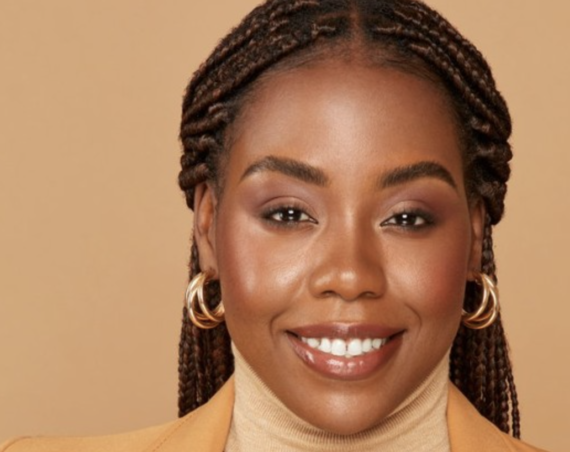
1 in 8 families now struggle with infertility. Studies show that the average healthy couple has a 20 percent natural fertility rate per cycle, and miscarriages in women are increasing by about 1 percent each year. Additionally, Black and Latinx women are less likely to access fertility care and have a successful IVF pregnancy. As fertility continues to be in crisis, new artificial intelligence (AI) supported technology looks to promote health equity and better outcomes. Alife Health, a technology company founded in 2020, is building AI tools designed to improve fertility care, starting with in vitro fertilization (IVF). Alife Health’s technology aims to empower clinical decision making with personalized treatment recommendations to help clinicians maximize a patient’s chances of success while lowering costs and barriers to access.
Today there are significant drawbacks to treating infertility. IVF is prohibitively expensive, often requires multiple cycles, is physically and emotionally onerous, and is still rarely covered by insurance. Successful pregnancies from IVF rely on a complex set of clinical decisions made by physicians to deliver the optimal care for each patient. Using advanced computational methods, Alife Health is building a modern operating system for IVF designed to improve reproductive outcomes at a time when 180 million people globally are struggling with infertility.
Alife Health announced today it has raised $9.5 million in Seed financing led by Lux Capital (with Partner Deena Shakir joining the Board) with participation from Amplo (Sheel Tyle), IA Ventures (Jesse Beyroutey), Springbank Collective as well as a number of angels including Anne Wojcicki (founder and CEO of 23andMe), Fred Moll (Founder of Intuitive Surgical and Auris), Amira Yahyaoui (Founder of Mos and Sequoia Scout), Arthur Patterson (founder of Accel), Dr. Tom Lee (Founder of One Medical Group and Galileo Health) and the founders of Ramp and Headway. Additionally, Alife Health has a number of notable advisors, including Tatyana Beldock (formerly new ventures at J&J) and Dr. Kim Thornton, a board-certified Reproductive Endocrinologist at Boston IVF and a Clinical Professor at Harvard Medical School. Alife Health’s team includes engineers and scientists from Harvard, Stanford, MIT and Johns Hopkins and it has created a consortium of clinical partnerships with leading clinics and cutting edge physicians and researchers to bring clinical value to patients.
“There are many aspects to IVF that can be improved through data-driven personalized medicine,” says Paxton Maeder-York, founder and chief executive officer of Alife Health. “From alleviating family planning pressure for working women to supporting family creation in the LGBTQ+ community, improving IVF has the potential to help parents realize their dreams of having a healthy child. I’ve had several family members who’ve relied on IVF and know firsthand the societal impact improving infertility care can have.”
Maeder-York started his career building surgical robots to fight lung cancer at Auris Health, which sold to Johnson & Johnson in 2019. He holds a bachelor’s degree in Biomedical Engineering, a master’s degree in Data Science, and an MBA from Harvard University. Maeder-York founded Alife Health in 2020 to empower physicians and patients to make the best clinical decisions possible through advanced analytics delivered in an optimally designed, medical-grade software ecosystem.
“We’ve applied advanced machine learning in countless other medical imaging fields, but we are only just starting to scratch the surface on how it can be used to advance family and reproductive health. There is a tremendous opportunity for technology to transform the IVF experience and ultimately contribute to advancing human health and health equity. Alife Health is leading this effort with its unique, technology-forward, human-centered approach,” said Deena Shakir, partner at Lux Capital. “Paxton has assembled an all-star team of scientists, engineers and designers, and an incredibly respected group of scientific advisors and clinical partners to bring the benefit of this technology to patients, with inclusivity and equity at the core of the mission. I have spent a long time looking for the cutting edge technology that can improve fertility options, and I could not be more excited to back this breakthrough team.”
“There is increasing evidence that race and ethnicity may impact outcomes in fertility treatment,” says Dr. Kim Thornton, a board-certified Reproductive Endocrinologist at Boston IVF and a Clinical Professor at Harvard Medical School, who has been appointed to the American Society for Reproductive Medicine Diversity, Equality and Inclusion Task Force. “It is important to first acknowledge that differences exist and then explore, through the use of artificial intelligence, what those factors may be. What we learn will then allow us to address these specific factors so that we might begin to eliminate those disparities.”



